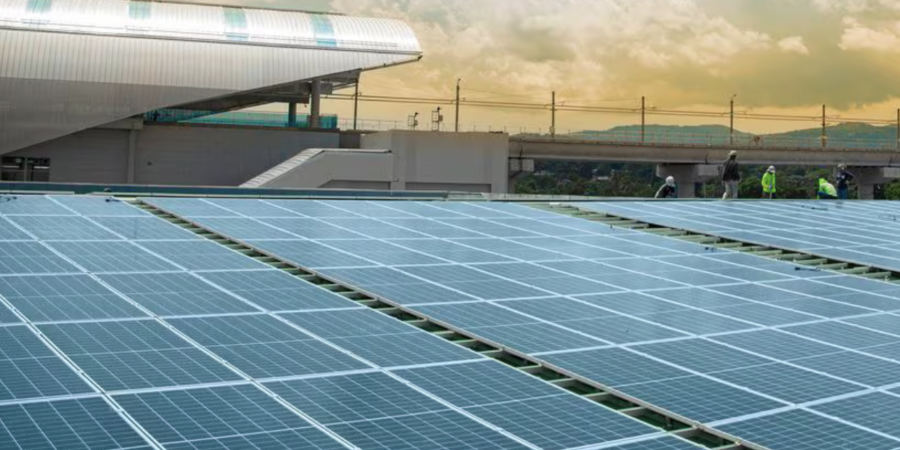Panama temporarily raised the limit for the self-consumption of clean energy and new renewable sources such as solar, wind and others from 2% to 3%.
This is indicated by resolution number 19011 of April 12 of the National Authority of Public Services (ASEP) which indicates that a transitional percentage of the maximum annual energy consumption in gigawatt-hour GWh of penetration is established that determines the maximum installed capacity of generation plants of customers who take part in the Self-Consumption Procedure with New Sources. Renewable and Clean.
The 3% transitional limit of the maximum annual energy consumption provided for in the indicative demand report, will be for the Metro-West Distribution company. S.A. Edemet, the Distribuidora Company of Chiriquí S.A. (Edechi) and the company Elektra Noreste, S.A. ENSA.
The national secretary of energy, Rosilena Lindo, told La Prensa that this measure is of benefit at the national level. “It will allow the democratization of clean energy in line with the national distributed generation strategy and Panama’s energy transition agenda,” he said.
He added that this allows more Panamanians to take advantage of the solar energy that reaches their roofs to reduce their electricity bill.
The resolution indicates that the transitional percentage will take effect from April 22 of this year.
Lindo highlighted that the growth of customers in use of the self-consumption figure has increased from 5 customers who remained in 2014, to 3,325 at the end of February and the installed capacity stood at 102,268 kilowatts (KW).
With the increase in the percentage of self-consumption to 3%, users will be able to opt for more solar energy services for their own use and even stimulate the sale of surplus energy to the system.
The president of the Panamanian Chamber of Solar Energy, Juan Andrés Navarro, questioned the limit imposed by both the previous 2% and the new 3% on self-consumption with renewable energy such as solar energy.
He maintained that temporarily increasing “a limit that in his opinion was absurd and arbitrary to distributed solar generation, imposed at the time more than 6 years ago without any technical or scientific basis, does not comply with the State’s energy policy of promoting an accelerated transition to clean energies, much less with Panama’s international commitments in the global fight against Climate Change.”
“It is urgent to completely eliminate any cap on distributed solar energy in order to allow citizens and companies to defend ourselves from the high prices and poor service of electricity in the country, an opinion that has already been formally expressed to the regulator by the Solar Chamber of Panama,” Navarro said.
He specified that any future change in the procedures for energy self-consumption with renewable and clean sources must be based on greater transparency, binding consultation and the broadest consensus with consumers and with the solar industry.
